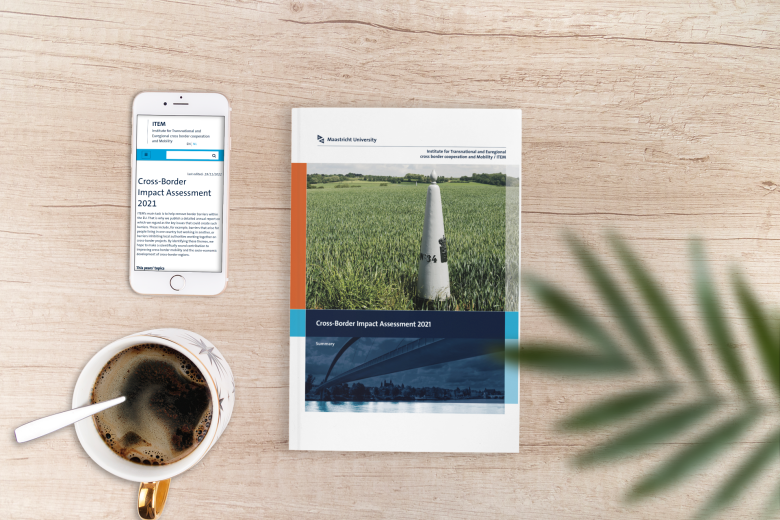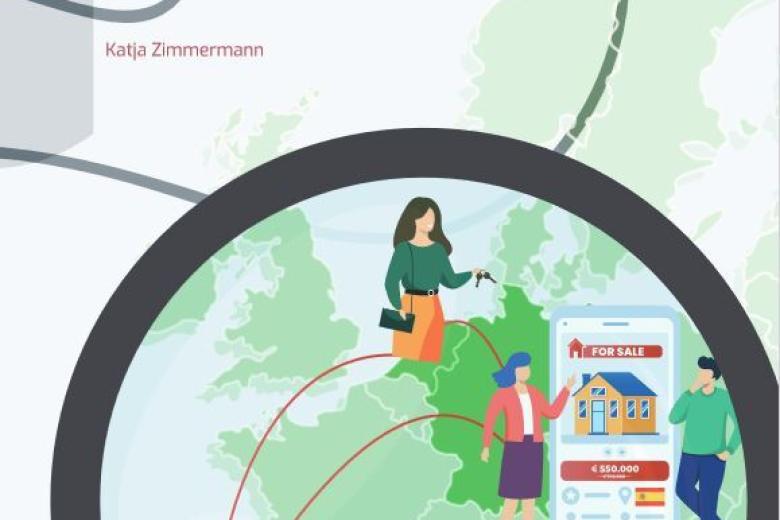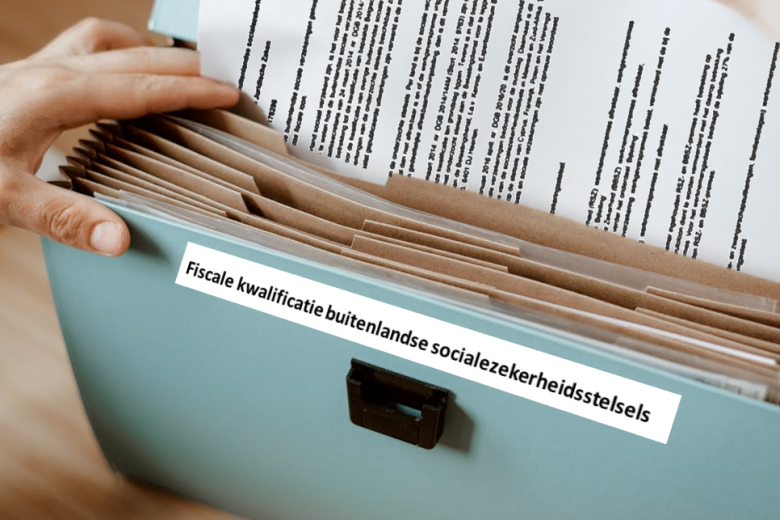ITEM's Alexander Hoogenboom awarded with ELFA Award 2016
ITEM’s scientific coordinator, dr. Alexander Hoogenboom, has been awarded ‘first place’ in the European Law Faculties Association 2016 doctoral thesis competition on European law for his thesis Balancing Student Mobility Rights and National Higher Education Autonomy in the European Union. The award was presented at ELFA's Annual General Meeting and Conference 2017 in Brno, Czech Republic. The official announcement can be found here. Alexander would like to thank once again his supervisors for their insights and comments, as well as his partner, friends, family and colleagues for their company, trust and support throughout the writing process.
More about the thesis
Balancing Student Mobility Rights and National Higher Education Autonomy in the European Union
Dr. Alexander Hoogenboom's PhD conferral took place on 18 October 2016. The thesis addresses the recent tension around student mobility and tries to answer the overarching question on how to safeguard mobility rights for study purposes of Union citizens within the EU, while simultaneously ensuring the sustainability of the national higher education systems of (certain) Member States. The main conclusion in this regard is that the current EU legal framework applying to mobile students is both insufficient and incoherent. In addition, the Member States of the EU seem to have trouble properly implementing EU law in this area and cannot by themselves effectively and fairly engage in balancing exercise. Rather there is a need for a comprehensive and generous EU-level study loan system – managed centrally at the EU level - to support the mobility rights of Union citizens for study purposes.
Also read
-
ITEM Cross-Border Impact Assessment 2021 published
Due to the Corona crisis, also many cross-border workers are forced to work in their home country. They have been asked not to cross the border to come to their office situated in the neighbouring country. At the moment, this is only possible because the Dutch, Belgian and German governments have...

-
Success factors for cross-border real estate transactions: information and patience
Buying a house abroad, with the complex procedures of rules and formalities that apply in the world of real estate transactions, one might wonder: what obstacles might I encounter? In her dissertation, Katja Zimmermann examined the operation and obstacles of various land registration systems. Her...

-
ITEM focal point taken up: addition to Dutch qualification policy for German social insurance schemes
The Dutch Ministry of Finance has updated the guideline on the tax qualification policy of foreign social security schemes. According to expertise centre ITEM, the addition concerning certain German social insurances is a positive development, which is in line with their vision and commitment in...
